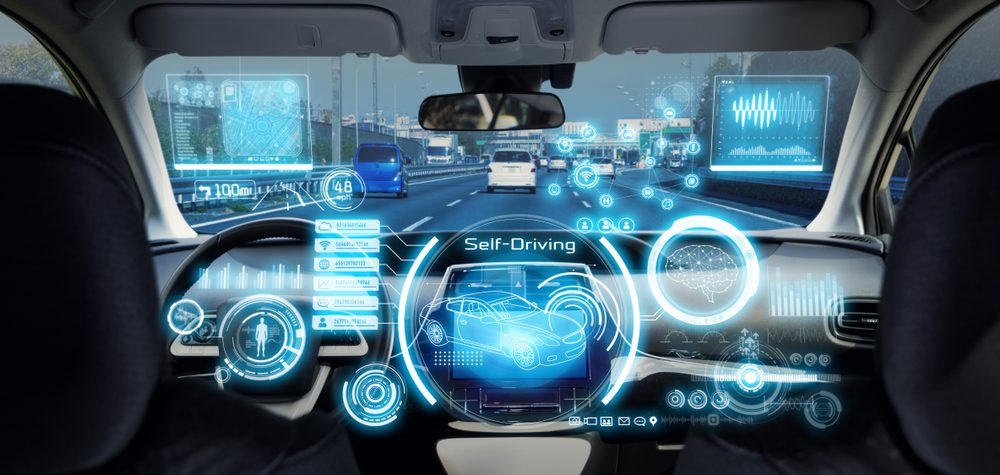Autonomous vehicles, or self-driving cars, have been a hot topic of discussion in recent years. While the technology is still in its early stages, the potential benefits of autonomous vehicles are huge, ranging from increased safety on the roads to reduced congestion and emissions. In this article, we’ll take a closer look at the future of autonomous vehicles and transportation systems.
Advancements in Autonomous Vehicle Technology
Autonomous vehicles rely on a combination of sensors, cameras, and artificial intelligence to navigate the roads and make decisions about speed, direction, and other factors. In recent years, there have been significant advancements in this technology, with companies like Tesla, Waymo, and Uber investing heavily in research and development.
While fully autonomous vehicles are not yet widely available, there are already semi-autonomous features on the market, such as adaptive cruise control, lane departure warning, and automatic emergency braking. These features are becoming increasingly common in new vehicles and are a stepping stone toward full autonomy.
The Benefits of Autonomous Vehicles
One of the main benefits of autonomous vehicles is increased safety on the roads. Human error is a leading cause of accidents, and autonomous vehicles have the potential to significantly reduce the number of crashes and fatalities. They can also reduce congestion by optimizing traffic flow and eliminating the need for human drivers to navigate busy roads.
Another benefit of autonomous vehicles is improved accessibility, particularly for people with disabilities or mobility challenges. Self-driving cars can provide greater independence and freedom of movement for people who might otherwise struggle to get around.
Challenges and Concerns
Despite the potential benefits of autonomous vehicles, there are also some challenges and concerns that need to be addressed. One of the biggest concerns is cybersecurity – as vehicles become more connected and rely on data to operate, they become vulnerable to cyber-attacks. Ensuring the security and privacy of autonomous vehicles will be crucial for their success.
Another concern is the impact of autonomous vehicles on jobs in the transportation industry. While there will still be a need for some human oversight and maintenance, the widespread adoption of autonomous vehicles could lead to significant job losses in areas such as trucking and delivery.
The Future of Transportation Systems
Autonomous vehicles are just one piece of the puzzle when it comes to the future of transportation systems. Other technologies, such as electric vehicles and sustainable energy sources, will also play a key role in creating a more efficient, sustainable, and accessible transportation system.
In addition, there are opportunities to integrate autonomous vehicles with other modes of transportation, such as public transit and bike sharing. This could help create a seamless and integrated transportation network that makes it easier for people to get around.
Conclusion
The future of autonomous vehicles and transportation systems is still uncertain, but one thing is clear – the potential benefits are huge. As the technology continues to develop, it will be important to address concerns around safety, cybersecurity, and job displacement. However, if implemented properly, autonomous vehicles have the potential to transform the way we move and create a safer, more efficient, and more accessible transportation system for everyone.
